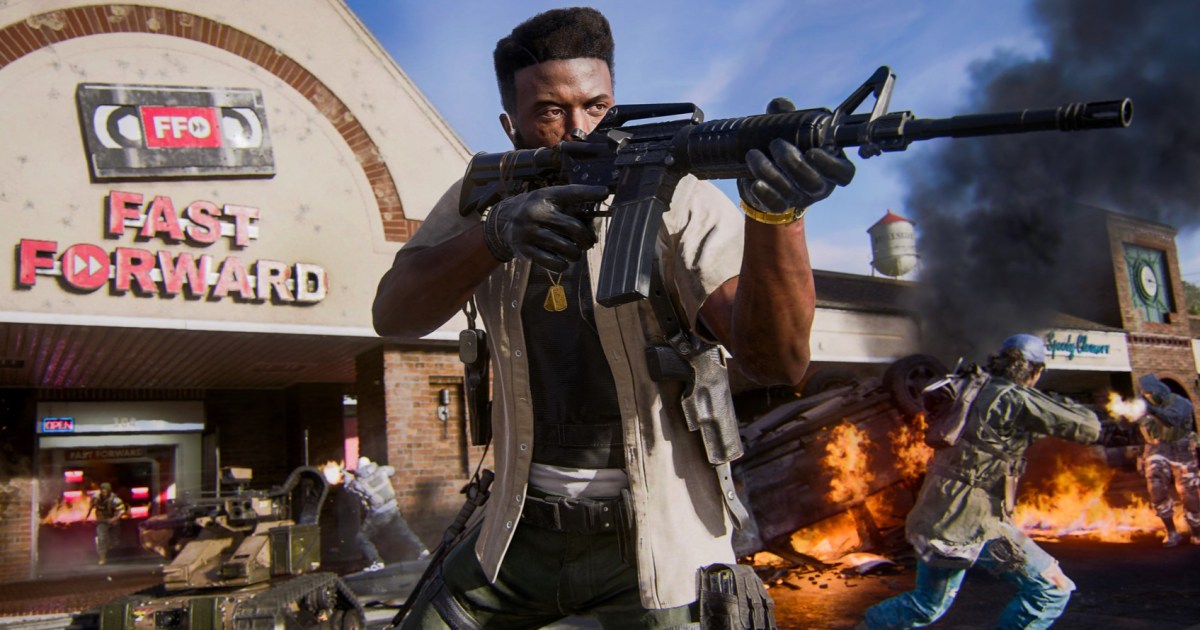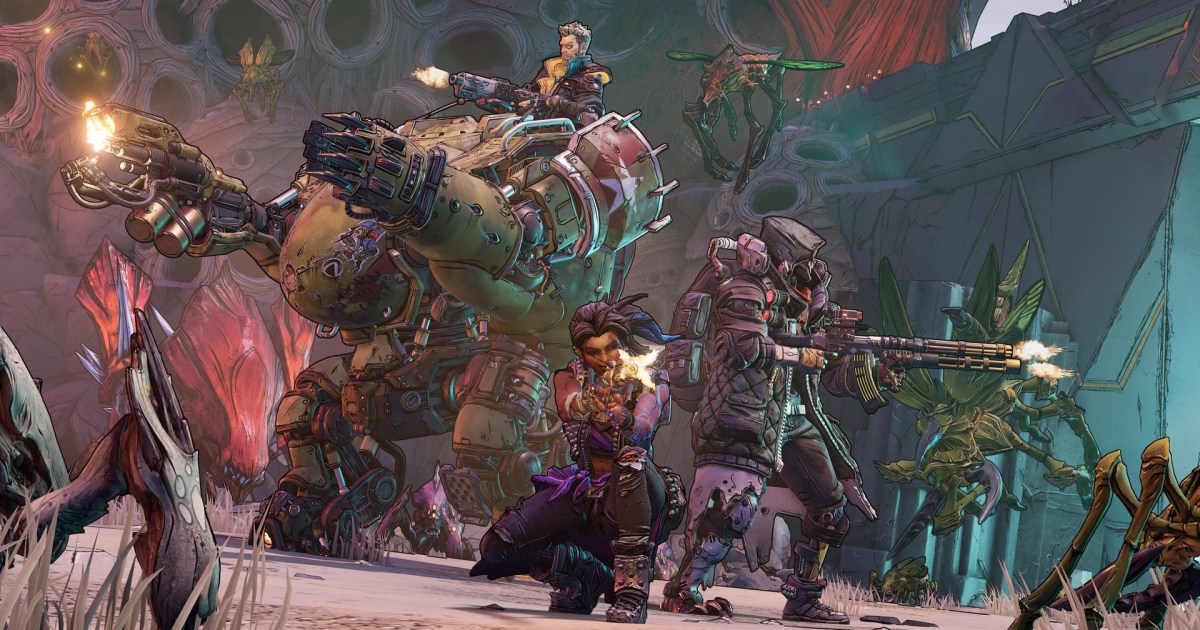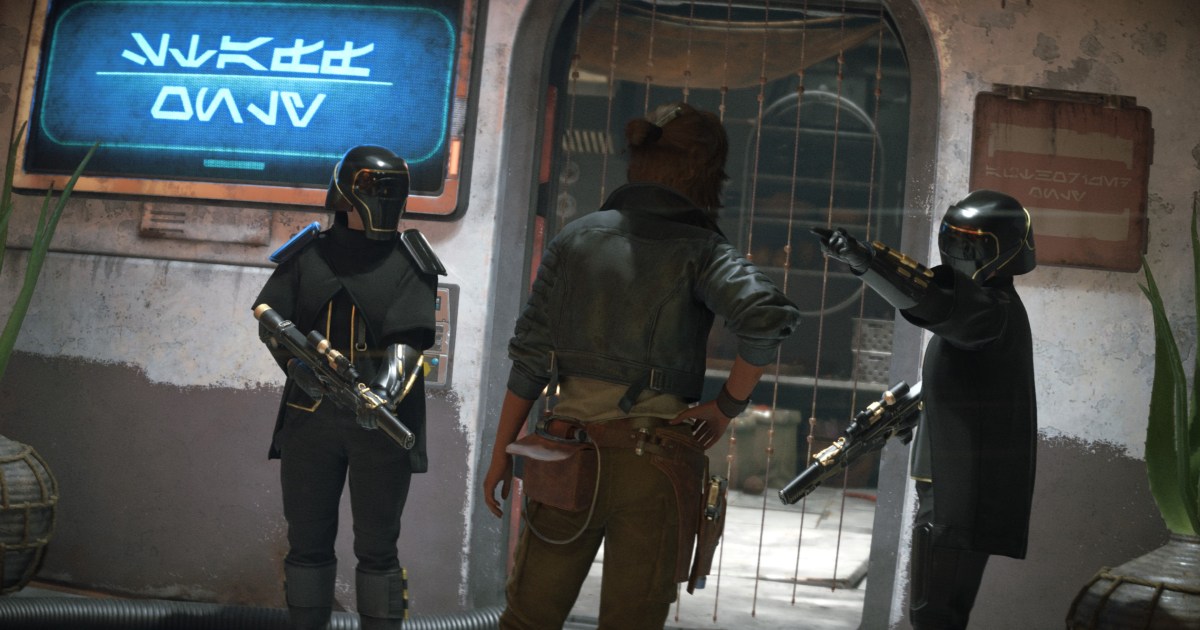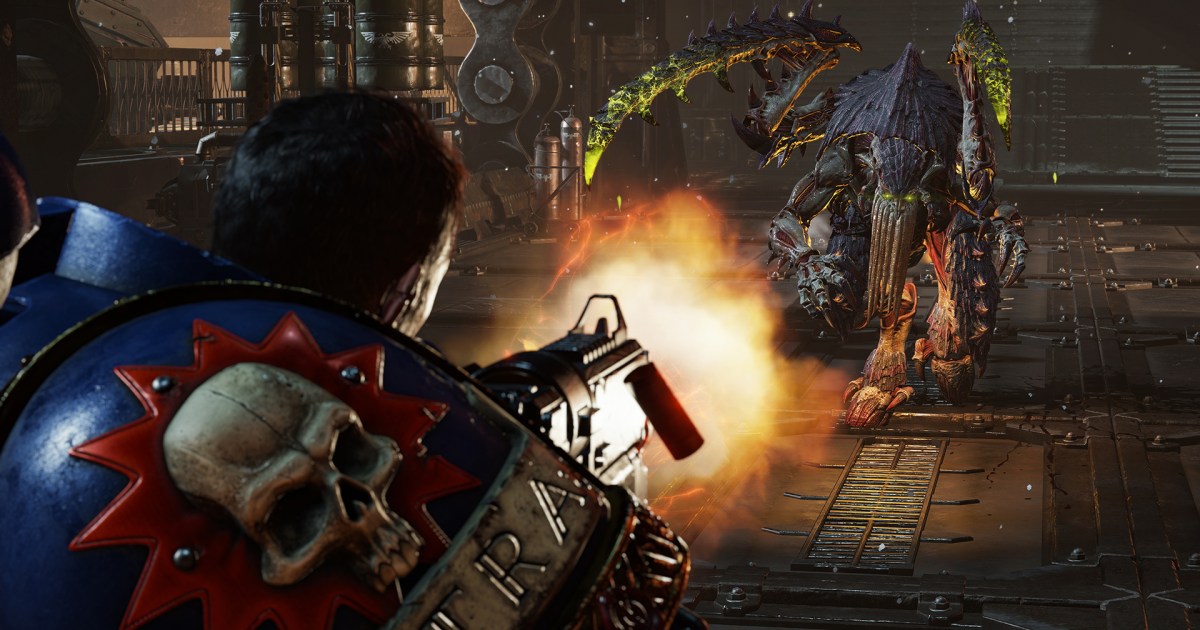The gaming world boasts a unique lexicon that extends beyond simple slang. Each genre cultivates its own terminology, often sounding like a foreign language to outsiders. However, some terms transcend genre boundaries. “DPS,” for example, is understood across various multiplayer games. Another ubiquitous term, particularly in competitive gaming, is “meta.” If discussions about the meta being “broken,” “shifting,” or complaints about someone not playing the “meta” leave you confused, this guide will demystify this crucial gaming concept.
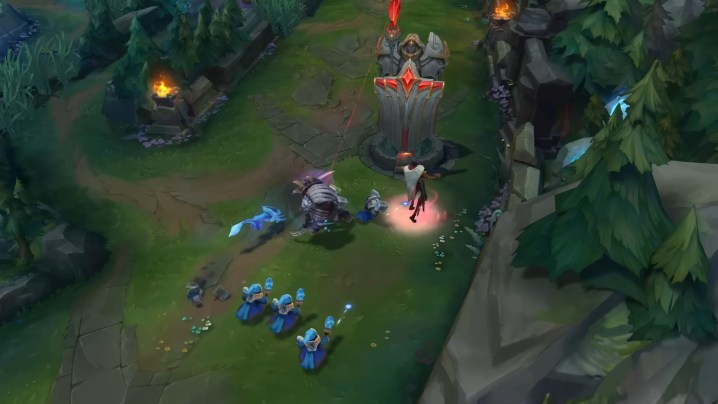 A LoL match
A LoL match
What Exactly is the Meta?
In gaming, “meta” stands for “most effective tactics available.” It represents the currently dominant or optimal approach to gameplay. This could involve utilizing a specific weapon, character, move, team composition, or strategy discovered by the community, whether intentionally or unintentionally. Metas evolve over time as players explore the game and identify choices that consistently outperform others in most, if not all, scenarios.
The term “meta” is typically irrelevant to single-player games. Its usage primarily revolves around player-versus-player (PvP) games like hero shooters, MOBAs, and fighting games. Competitive players in these genres strive to understand the meta to exploit or counter it, maximizing their chances of victory.
Examples of Current Metas
Current examples of established metas include (but are subject to change): the Golgari Midrange deck in Magic: The Gathering, Akuma in Street Fighter 6, and the Holger 556 rifle in Modern Warfare 3. If you observe numerous players consistently using the same character, gear, cards, or equipment, they are likely adhering to the current meta.
The Ever-Shifting Nature of the Meta
Game metas are rarely static. Developers aim to maintain balance and fairness. When a meta becomes excessively powerful or game-breaking, buffs and nerfs (adjustments to character or item stats) are implemented to shift the meta. Perfect balance across all elements and options is virtually impossible, so a meta will always exist in some form.
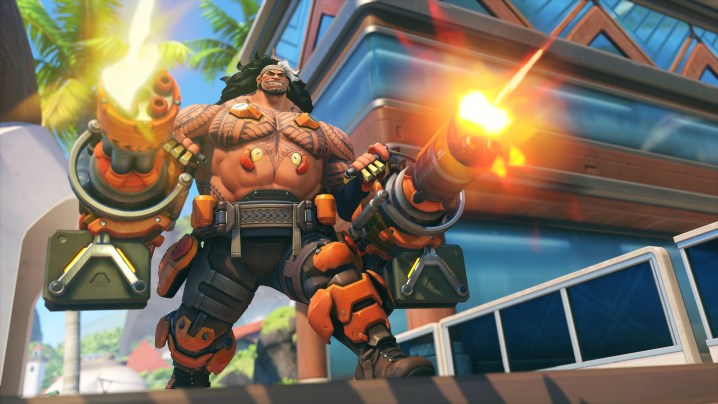 Mauga fires his two guns in Overwatch 2.
Mauga fires his two guns in Overwatch 2.
Should You Play the Meta?
Now that you understand the concept of the meta, the question arises: should you conform to it? Both options have their advantages and disadvantages, and the ultimate decision depends on your personal gaming preferences and objectives.
Reasons to Avoid the Meta
A significant drawback of playing the meta is the restriction of options. It confines you to a specific playstyle, potentially diminishing enjoyment if you dislike the prescribed character, weapon, or build. Even if a dominant meta guarantees victory, it can remove the challenge and excitement of competition. If you’re playing casually, learning and adhering to the meta may not be worth the effort, especially since metas are never insurmountable. Prioritize enjoyment over strict adherence to the meta.
Reasons to Embrace the Meta
Conversely, playing the meta undoubtedly increases your winning potential. For serious competitive gaming, such as tournaments, maximizing your advantage is crucial. Some players find satisfaction in optimizing their gameplay to the highest degree. Staying abreast of meta shifts and experimenting with new strategies can also be an engaging aspect of the gaming experience.
The Final Verdict
Ultimately, you are not obligated to follow or disregard the meta. Choose the approach that maximizes your enjoyment. Feel free to experiment and switch between strategies based on your preference and evolving goals. The key is to prioritize a fulfilling gaming experience.



